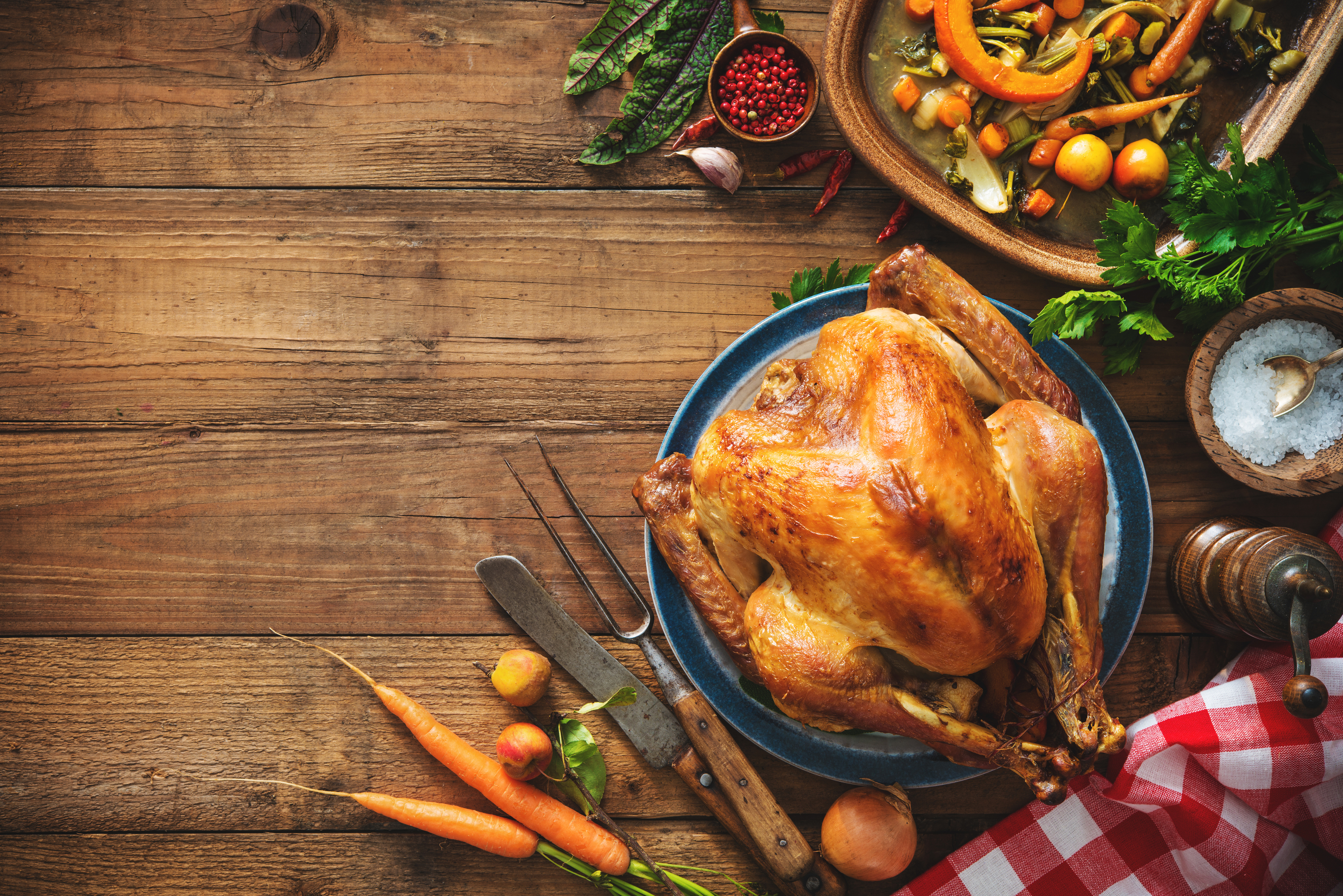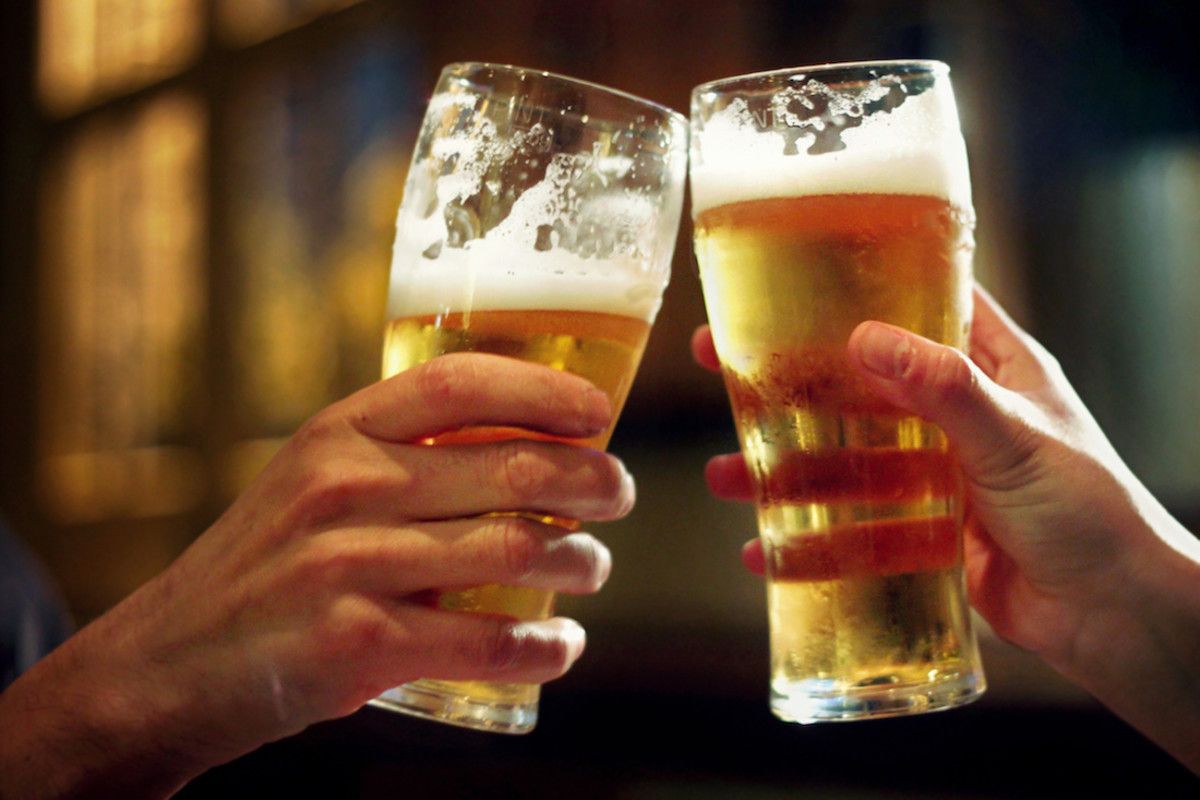What you eat affects how you sleep.
This isn't bombshell news, but it's worth understanding what foods are going to help you rest - or wreak havoc instead. If you're on a quest for better sleep, one recent study provides a clear outline of what to both avoid, and consume more of.
The best foods to eat if you want to get better sleep
As a rule of thumb, your evening meal should be eating no later than two or three hours before you nod off. This meal should consist of mainly high GI foods. High GI foods are mainly carbs digested very quickly by the body. Examples would be bread, white rice, bananas, pineapples honey and granola.
Protein is essential before bed to ensure your muscle cells are growing and repairing. This is particularly important after a weight training session. But in terms of getting better sleep, seek out protein rich in tryptophan. When your body consumes a food rich in tryptophan, it is converted to 5-HTP. This is a precursor to serotonin and melatonin, two compounds which help you relax and nod off.

Examples of tryptophan-rich protein sources include milk, turkey, chicken, fish, eggs, pumpkin seeds and beans.
One drink particularly beneficial for producing melatonin is tart cherry juice. Researchers found that it reduces the time taken to nod off, and can help increase the duration of sleep. It is also an anti-inflammatory that many Olympic athletes use to recover from intense training.
Kiwi fruit is one food item that can aid your sleep. It contains a number of nutrients, all of which can benefit better sleep. These are serotonin, vitamins C and E and folate.
The worst foods to eat if you want to get better sleep
Looking to get better sleep? You should probably avoid very large meals, particularly within an hour of going to bed. You need some food in your system, but too much and your body will be highly energised having to digest it.
Alcohol is a no-go if you're seeking improved shut-eye. You might be familiar with a drowsiness that comes from having a couple of beers, and think that it's a good sleep tool. It isn't. You might fall asleep easily, but you're not getting good quality sleep when you've been boozing it up.

Excessive alcohol intake is linked to reduced REM (rapid eye movement) sleep, and more disturbed sleep in the second part of the night. Your deepest sleep is when your body releases the most testosterone and growth hormone, so it could also be holding back your gym performance.
Caffeine is an obvious one, but you'll be surprised how many people keep sinking caffeinated drinks well into the evening without realising.
It's a powerful stimulant, which is why we rely on it to get us through those Monday morning meetings. But of course, alertness and focus is not what you want when you're trying to nod off. People who consume too much caffeine before bed have a reduced sleep duration and poor sleep quality.
The study was published in the journal
Nutrients.



 Examples of tryptophan-rich protein sources include milk, turkey, chicken, fish, eggs, pumpkin seeds and beans.
One drink particularly beneficial for producing melatonin is tart cherry juice. Researchers found that it reduces the time taken to nod off, and can help increase the duration of sleep. It is also an anti-inflammatory that many Olympic athletes use to recover from intense training.
Kiwi fruit is one food item that can aid your sleep. It contains a number of nutrients, all of which can benefit better sleep. These are serotonin, vitamins C and E and folate.
Examples of tryptophan-rich protein sources include milk, turkey, chicken, fish, eggs, pumpkin seeds and beans.
One drink particularly beneficial for producing melatonin is tart cherry juice. Researchers found that it reduces the time taken to nod off, and can help increase the duration of sleep. It is also an anti-inflammatory that many Olympic athletes use to recover from intense training.
Kiwi fruit is one food item that can aid your sleep. It contains a number of nutrients, all of which can benefit better sleep. These are serotonin, vitamins C and E and folate.
 Excessive alcohol intake is linked to reduced REM (rapid eye movement) sleep, and more disturbed sleep in the second part of the night. Your deepest sleep is when your body releases the most testosterone and growth hormone, so it could also be holding back your gym performance.
Caffeine is an obvious one, but you'll be surprised how many people keep sinking caffeinated drinks well into the evening without realising.
It's a powerful stimulant, which is why we rely on it to get us through those Monday morning meetings. But of course, alertness and focus is not what you want when you're trying to nod off. People who consume too much caffeine before bed have a reduced sleep duration and poor sleep quality.
The study was published in the journal Nutrients.
Excessive alcohol intake is linked to reduced REM (rapid eye movement) sleep, and more disturbed sleep in the second part of the night. Your deepest sleep is when your body releases the most testosterone and growth hormone, so it could also be holding back your gym performance.
Caffeine is an obvious one, but you'll be surprised how many people keep sinking caffeinated drinks well into the evening without realising.
It's a powerful stimulant, which is why we rely on it to get us through those Monday morning meetings. But of course, alertness and focus is not what you want when you're trying to nod off. People who consume too much caffeine before bed have a reduced sleep duration and poor sleep quality.
The study was published in the journal Nutrients.